Byodoin Phoenix Hall
Byodoin Phoenix Hall is a stand-alone temple that represents Japan, located in Uji City, Kyoto Prefecture.
Its history began with the founding by Fujiwara Yorimichi, and this temple, whose principal image is Amida Nyorai, was founded by Myoson.
Since the 17th century, it has existed as both the Tendai sect and the Jodo sect, and currently does not belong to any particular sect, but is jointly managed by Saisho-in, a branch temple of the Shugen sect’s Shogoin temple, and Jodo-in, a Jodo sect.
Phoenix Hall is known worldwide for its beauty and is a valuable Japanese cultural asset.
Its magnificent architecture has been passed down from the late Heian period to the present day, and its symbolism has permeated throughout Japan, including being depicted on the 10-yen coin.
In 1994, it was registered as a component of the UNESCO World Heritage Site “Historic Monuments of Ancient Kyoto,” and its importance is internationally recognized.
Byodo-in Temple and the surrounding area are part of the Lake Biwa Quasi-National Park designated area, and its beauty provides a landscape in harmony with nature.
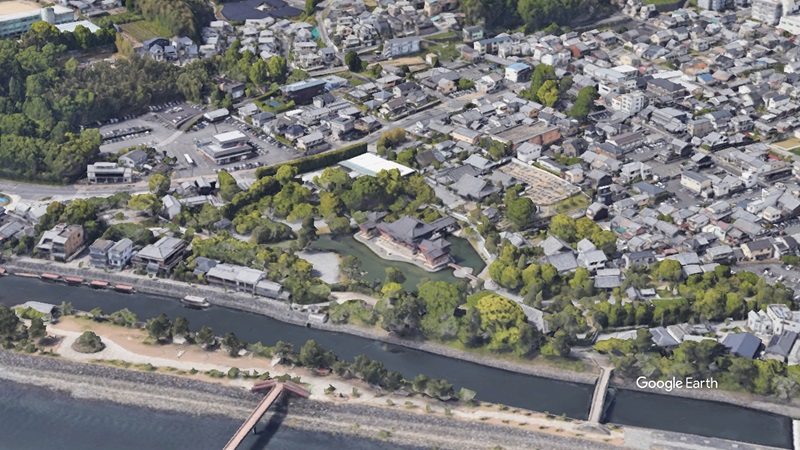
Features of the architectural style and beauty of the Phoenix Hall
Houodo is built in an architectural style influenced by the Kondo of Kofukuji Temple.
It is a unique building decorated with bright colors and ornate carvings.
Phoenix
The appearance of a phoenix is so beautiful that once you see it, you will never forget it, and its detailed workmanship and bright colors attract many people.
The current phoenix is the second generation, and the first phoenix is displayed in the Byodo-in Museum Hoshoden.
The reason why it came to be called “Phoenix Hall” is because the exterior of Amida Hall looks like a long-tailed bird with its wings spread out, and the phoenix-shaped ridge decoration on the roof plays a major role.
Byodo-in Phoenix Hall is noteworthy not only for its origin related to phoenixes, but also as a temple whose principal image is Amida Nyorai. As a historical Japanese building, its characteristics are precious and it is a memorable place for tourists.
鳳凰堂以外にも、平等院には貴重な建造物や文化財がたくさんあります。阿弥陀堂や庭園、そして他の堂塔なども、古代の美意識や宗教的な信仰を伝える素晴らしい遺産です。
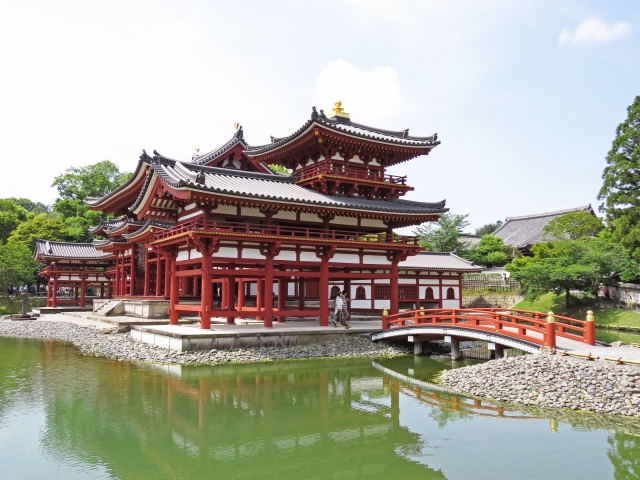
Wisteria flowers
One of the highlights of Byodo-in Phoenix Hall is the wisteria trellis set up next to Kannon-do in spring.
Approximately 10,000 wisteria trees compete with each other in full bloom, and are characterized by purple flower clusters over 1 meter long.
From this wisteria trellis, you can enjoy a spectacular view of the National Treasure Phoenix Hall through the fragrant flowers.
These bright wisteria flowers are known as a springtime feature in Uji, adding to the beauty of Byodo-in Temple.
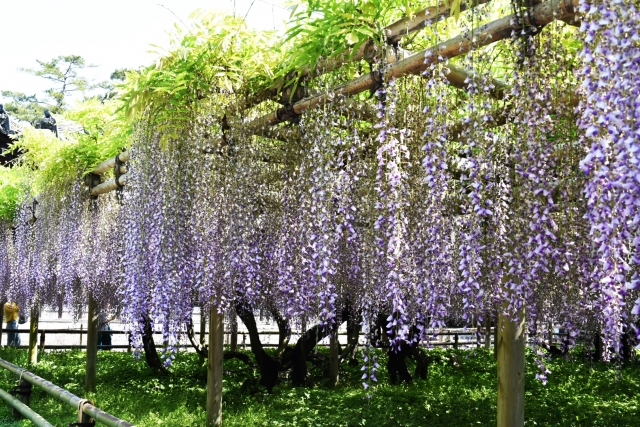
Uji River Cormorant Fishing
On summer nights, cormorant fishermen get on boats around Byodo-in Phoenix Hall and sail through the glittering bonfires on the river while controlling the cormorants.
This is a traditional feature that colors Uji’s summer nights, and is a wonderful opportunity to enjoy the magical nighttime scenery.
This fascinating experience is also a great opportunity to discover the cultural elements of Uji’s night life.
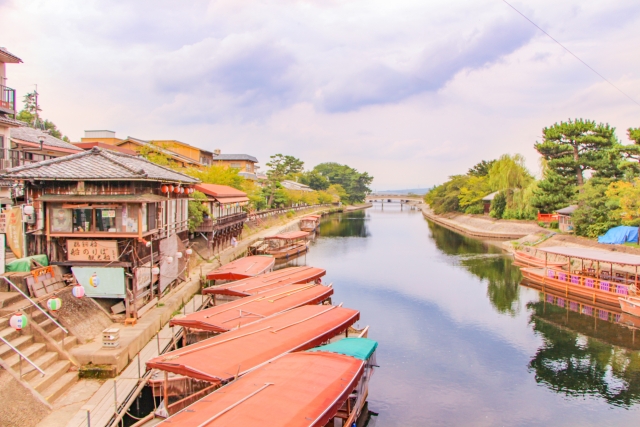
Cormorant fishing on the Uji River
■Location
Uji Togawa, Uji City, Kyoto Prefecture
■Website
kyoto-uji-kankou.or.jp
■Inquiries
Tel:0774-23-3353
Basic information about “Byodoin Phoenix Hall”
| Info | Byodoin Phoenix Hall ■Location 117 Renge, Uji City, Kyoto Prefecture ■Business hours 8:30~17:30 ■Regular holidays - ■Fees Adult: 600 yen Junior high school students: 400 yen Elementary school students: 300 yen *Group discount available ■Parking lot Use “Uji Parking Lot” or nearby paid parking lots ■Website byodoin.or.jp ■Inquiry Tel:0774-21-2861 |
| Map |
Restaurant search/reservation
Have a great trip with delicious food!
Surrounding touring spots
Touring JP Recommended articles
Summary
Byodoin Phoenix Hall is located in Uji City, Kyoto Prefecture.
Houou-do is known worldwide for its beauty, and is widely loved throughout Japan, as seen on the front of the 10-yen coin. This symbolic presence plays a role in conveying ancient thought and culture to people both in Japan and abroad.
In 1994, it was registered as a UNESCO World Heritage Site, and its importance has been internationally recognized.
The area around Byodo-in Temple is a place where nature and history coexist, providing a relaxing landscape for visitors.
移動本能に従え。そこに、旅の答えがある。
I also want to read it
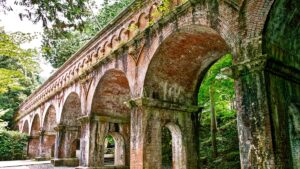

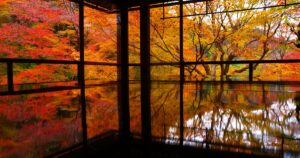




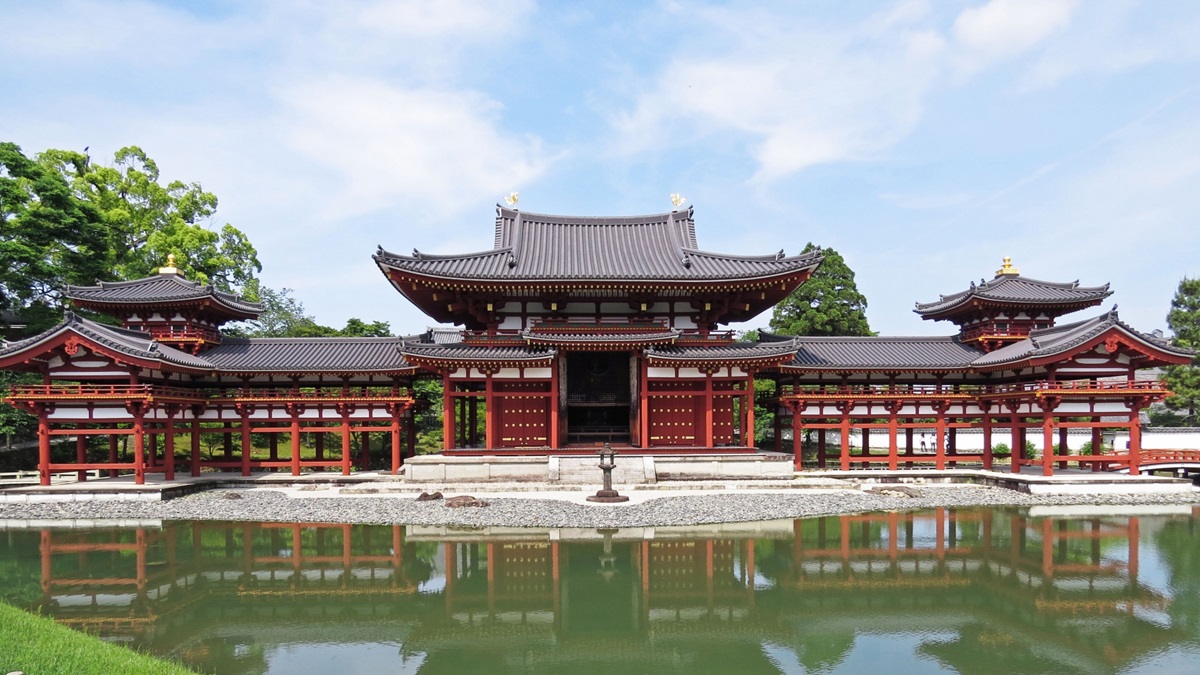


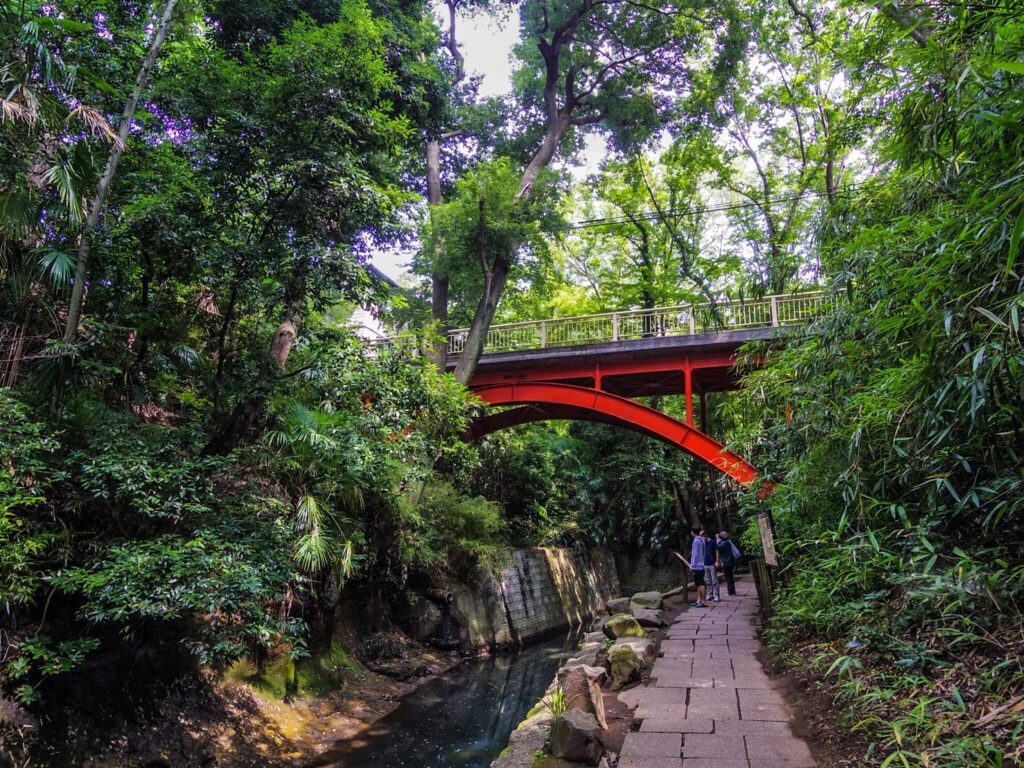
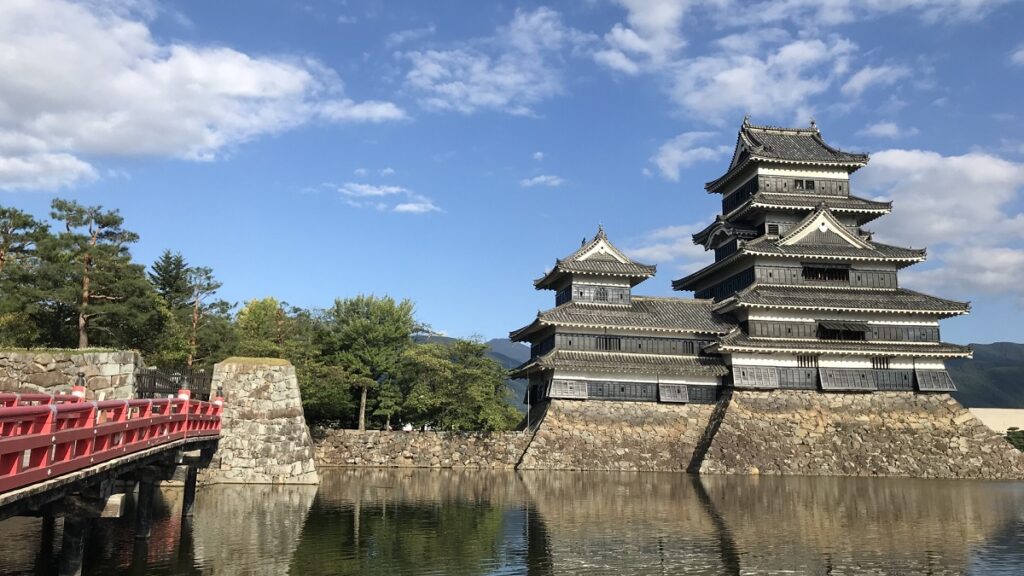
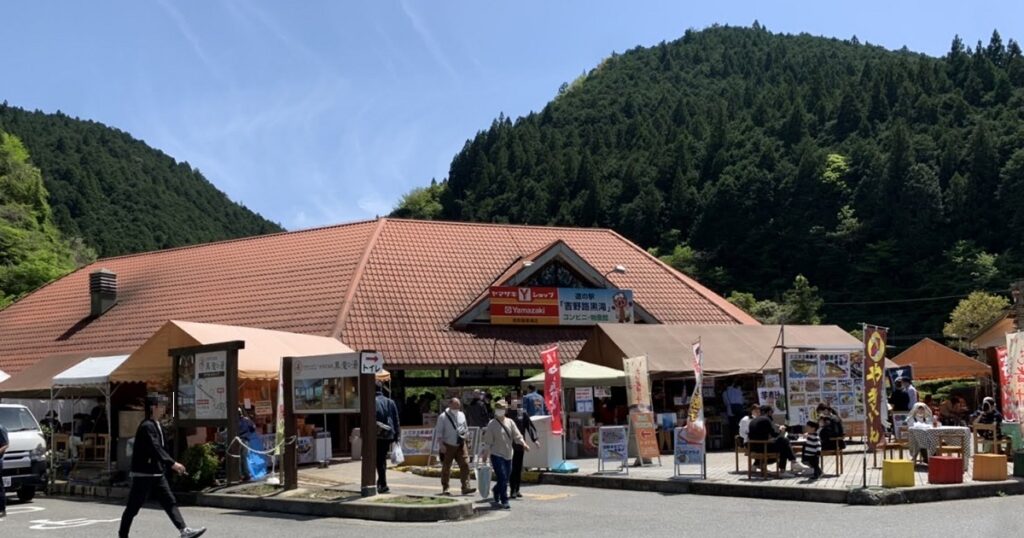
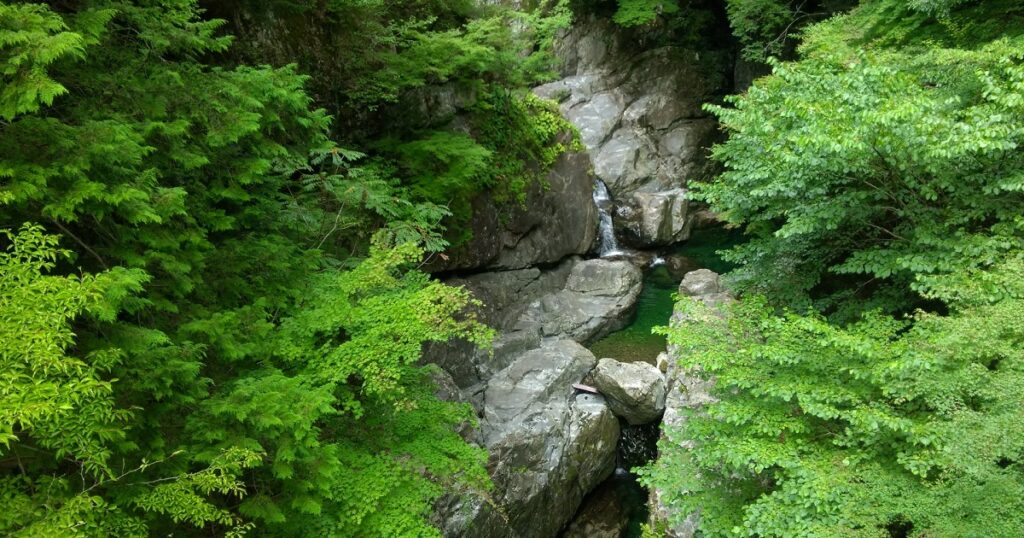
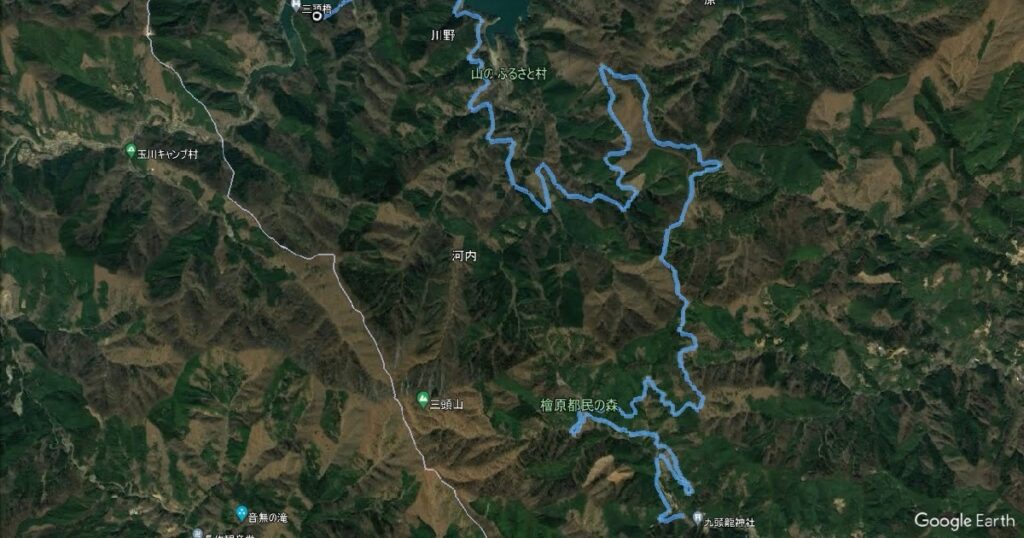
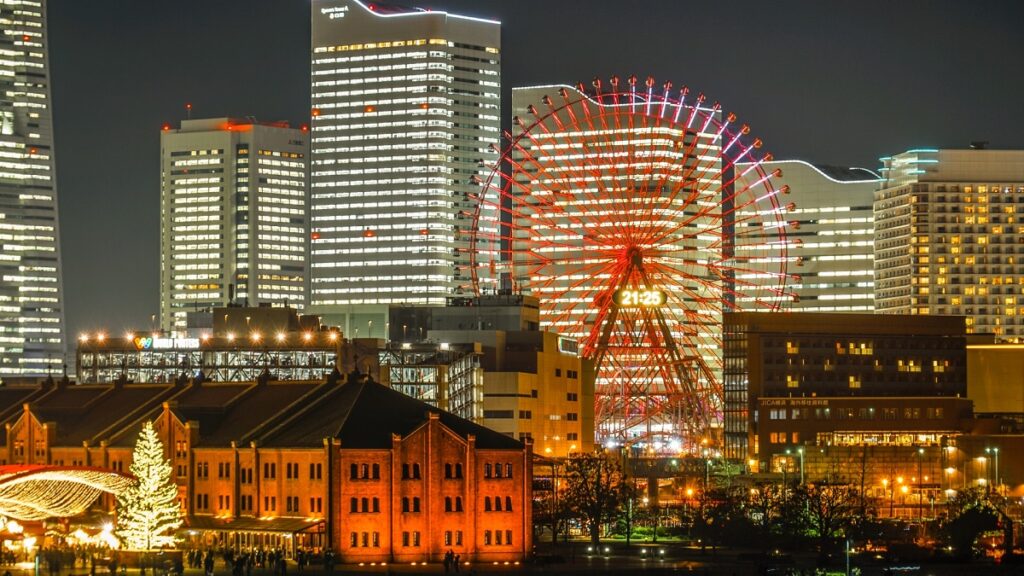
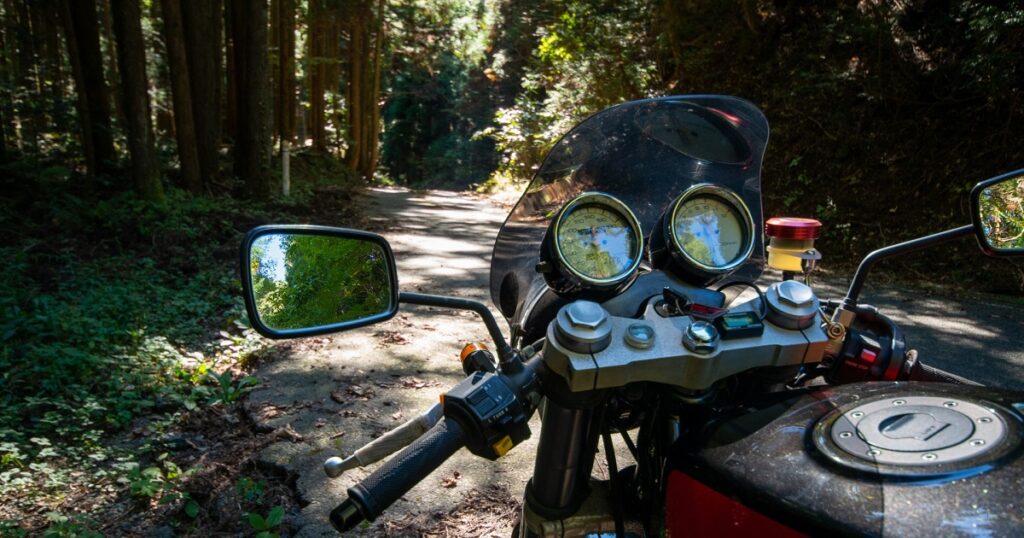

Comments